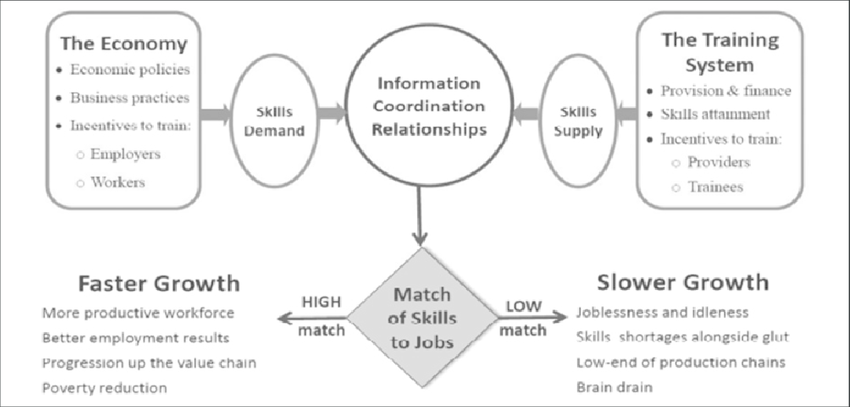Climate change is no longer a distant threat; it’s a present reality reshaping our world. From rising sea levels to extreme weather events, communities are grappling with challenges that demand innovative, science-based solutions.
STEM (Science, Technology, Engineering, and Mathematics) education plays a critical role in equipping the next generation with the knowledge and skills needed to address these issues head-on. By fostering climate awareness and resilience through STEM, we can build a future where innovation meets sustainability.
Why STEM Education Matters in a Climate-Changed World
Climate change is not just an environmental issue, it’s a human, economic, and technological challenge. STEM education provides learners with:
- Problem-solving skills: Essential for innovating climate solutions such as renewable energy systems or sustainable agriculture.
- Scientific literacy: Helping communities understand climate data and make informed decisions.
- Digital innovation capacity: Preparing youth for careers in green tech and climate modeling.
Example: Young engineers designing affordable solar-powered water filtration systems for flood-prone areas are applying STEM skills directly to climate resilience.
Building Climate Resilience Through STEM
Climate resilience means the ability to prepare for, recover from, and adapt to climate impacts. STEM education drives resilience in three key ways:
1. Integrating Climate Awareness into Curriculum
Schools must move beyond teaching climate change as a theory to embedding practical sustainability projects in STEM lessons.
- Example activities: building rainwater harvesting models, testing soil for drought resistance, coding apps that track local weather patterns.
- Benefits: Hands-on learning inspires innovation and connects global challenges to local realities.
2. Promoting Green Technology Skills
The green economy is projected to create 24 million jobs by 2030 (ILO). STEM education must prepare youth for careers in renewable energy, sustainable design, and environmental engineering.
- Partnerships between schools, NGOs, and businesses can bridge the gap between education and workforce needs.
- Example: Vocational training programs on solar panel installation or sustainable farming tech.
3. Encouraging Community-Led Innovation
Resilient communities are built when local people take ownership of solutions.
- STEM hubs and innovation labs provide spaces where students, teachers, and local leaders collaborate.
- Example: A rural STEM hub teaching climate-smart agriculture techniques that directly improve food security.
Case Study: Sustainable Agriculture Training in Kenya
In Machakos County, Kenya, the Young Farmers Initiative, in partnership with Kenya Agricultural and Livestock Research Organization (KALRO), introduced STEM-based training for local schools and youth groups.
Through workshops on smart irrigation systems, soil testing, and precision farming, farmers learned how to maximize yields while conserving water resources.
The program led to a 30% increase in maize and bean production, directly boosting food security and economic stability for the community.
How ECO STEM AFRICA Is Driving Change
At ECO STEM AFRICA, we are committed to equipping students and educators with the skills and tools they need to thrive in a climate-changed world.
Through initiatives like sustainable STEM training programs and e-waste recycling projects, we bridge the gap between education and climate action while reducing environmental harm.
Our vision is simple: a generation of STEM innovators building a greener, more resilient future.
Conclusion
Climate change is one of the greatest challenges of our time — but it also presents an opportunity for transformation. By integrating STEM education with climate resilience strategies, we can empower young people to become the problem-solvers and innovators our world urgently needs.
Call to Action:
Join us in building a climate-smart future. Partner with ECO STEM AFRICA to support sustainable STEM initiatives and create lasting impact.




